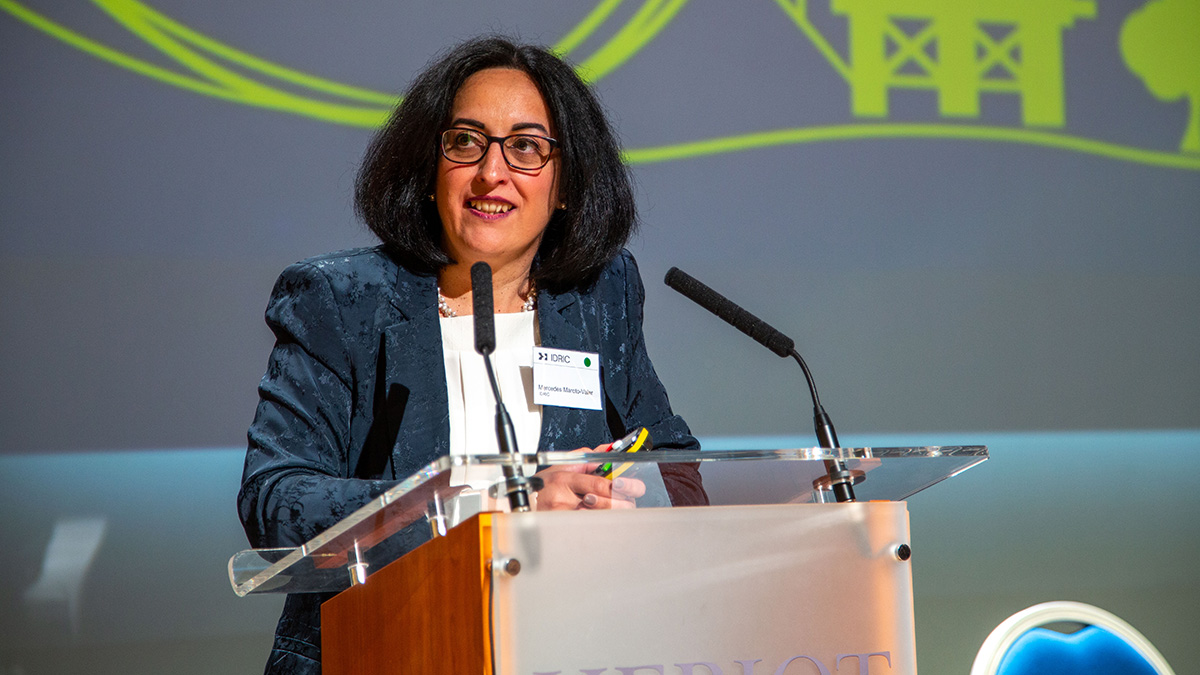Published:

In the week scientists warned our planet is set to pass the 1.5C global warming threshold between now and 2027, Professor Mercedes Maroto-Valer, Deputy Principal (Global Sustainability) at Heriot-Watt University, writes in The Times that international collaboration is key in the drive to decarbonise.
Here is a question rarely discussed in the drive for global sustainability: when it comes to the major sources of greenhouse gas emissions, are all CO2 molecules ‘equal'? The answer is surely no. Although different activities may create similar amounts of CO2, some may have easier alternatives or be less important.
In other words, we have to recognise the positives of activities that on a global scale are damaging. Travel is an obvious area: the impacts of global travel can be accounted for in how much CO2 was emitted in the journey. That's easy.
We have to explain how climate considerations and internationalisation can complement each other rather than conflict
The harder bit is how we quantify the benefits of, say, international learning and research opportunities.
Collaboration is key
We know that bbreakthroughs in those areas come from international collaboration.
Of course, technology has in some cases removed the need for travel. However, bringing people physically together can be essential to success, ultimately for the benefit of the planet.
As we cut emissions, we should be careful not to risk making international collaboration and thus our understanding of global challenges harder.
Enlightenment and connectedness go hand in hand.
Internationalist approach
This is the approach needed as we develop strategies to meet the scale of the climate emergency. It is also the topic I addressed at a recent international higher education online forum organised by Universities UK.
It's encouraging that, according to its survey, 83 per cent of universities are linking their international strategies with sustainability, or plan to do so. But we have to tackle the apparent conundrum between sustainability and globalisation and explain how climate considerations and internationalisation can complement each other – and identify what a climate-conscious international strategy looks like. Travel for educational benefit is part of it.
Global education
The benefits of a global education are clear. Ninety-seven per cent of graduates with international experience find a job within 12 months of graduating, and 80 per cent of employers say they seek out graduates with experience abroad.
We encourage our students to spend a semester at a different one of our five campuses, in Scotland, Malaysia and Dubai.
If we develop a strategy that avoids needless emissions and maintains international collaboration, we can take action that is science-based and effective.
The only realistic option for the planet is a strategy that reduces carbon footprints without reducing the benefits of carbon-intensive activities: maximum gain for minimum pain.